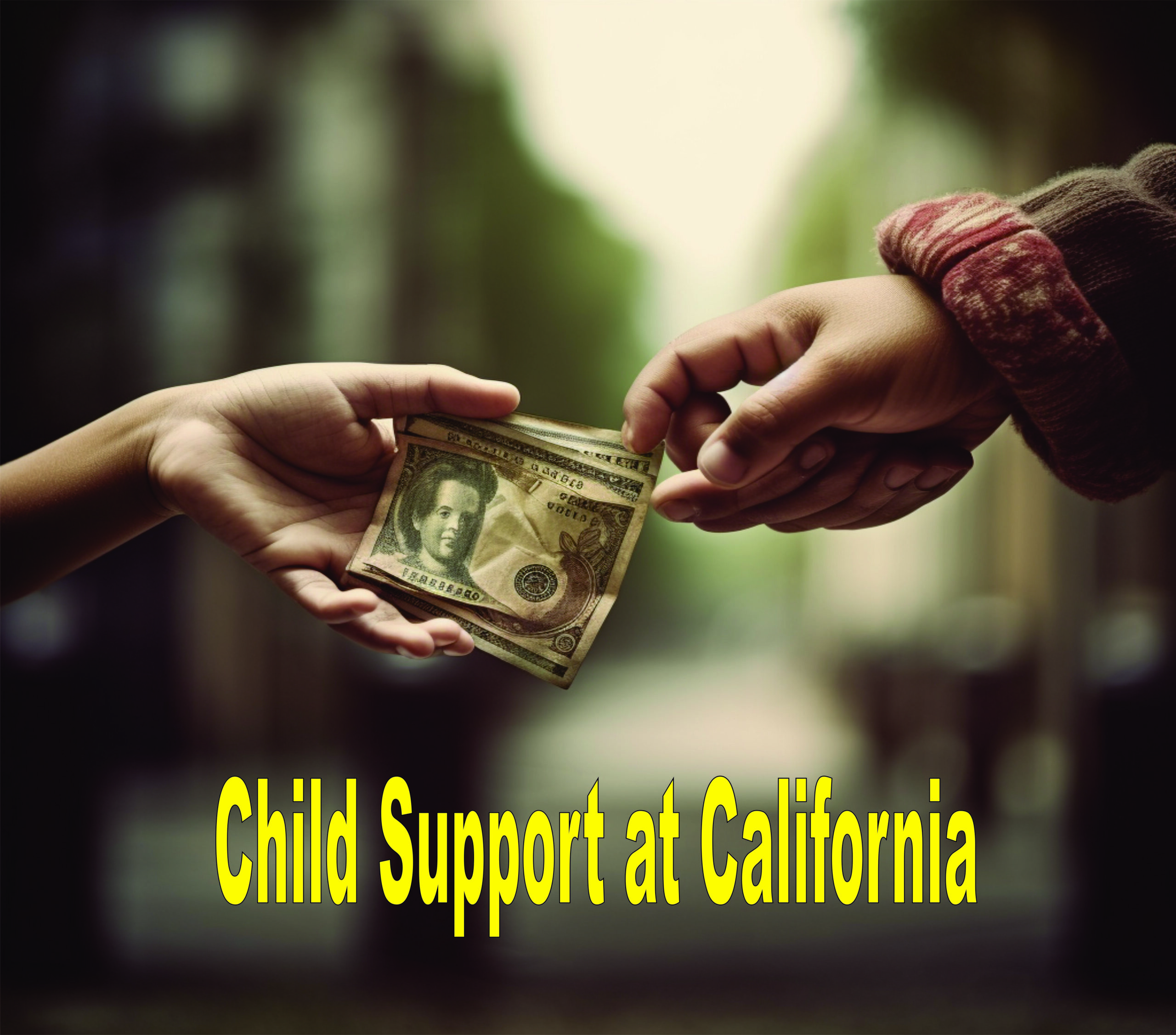How Does Child Support Work in California?

Last Updated on May 23, 2024 by Kathy
For various reasons, parents of children might split. This leaves one parent responsible for the care of the child. It can be difficult, especially in states such as California where the cost of living is high. Child support laws are in place to help custodial parents. These laws require the non-custodial parents to contribute financially to the support of the custodial parent’s expenses. So, in short, this article will give you the answer for “how does child support work in california?”.
The Process For Child Support After Divorce
There are several steps to establish child support. The legal guardian must first open a child support matter. A custodial parent or relative could serve as the legal guardian. Foster parents are also possible. Open the case by filling out an application here. After the completion of the application, the state will move to locate the non-custodial parent or both parents in the event of guardians having custody.
You will need to provide details such as full names, social media numbers, and addresses. This information can make it easier to locate parents. Once the parents have been located, they will receive legal notice of the case. The legal notification is subject to a 30-day response window.
A parent can request a DNA test and the state will conduct this free of charge. Both parents can then agree to an outside settlement in which they determine the amount the non-custodial parent must pay. This will avoid court proceedings if they reach an agreement. If they do not reach an agreement, the case will be taken to court. A judge will examine the financial situation of the parents.
The court will then issue a child support order, which sets a starting date and a payment amount. Employed parents will see the child support payments deducted from their salaries and remitted back to the custodial parent.
For further information on the child support process, visit the California Child Support Service page.
How Does Child Support Calculations Work in California?
Pay child support directly to the bank accounts of custodial parents. This is safer than receiving a check by mail and takes less time. Parents who wish to register their bank accounts to get direct deposit payments would need to first register on the website of the California State Disbursement Unit.
Making payments through an Electronic Payment Card (EPC) is also available. This is a debit-card that has child support funds loaded on it. You can use this card anywhere that accepts MasterCard, including ATMs. Use the EPC to withdraw cash, just like regular debit cards. Register for the EPC through the website of the California State Disbursement Unit.
Parents can also receive child support payments by mail, although this is less secure. This is via a mailed check. However, it is not recommended to send checks as they can be delayed and stolen by anyone with access to the parent’s mailbox.
The Maximum Amount That Your Family Can Receive For Child Support
California has no limits on how much money a parent can pay as child support. The state takes into account the income differences between the parents as well as how often the child spends time with each parent to determine the amount that should be paid.
A state online calculator calculates child support and takes into account income, number of children, federal and state tax filing status, insurance, and other factors. Important to remember that the non-custodial parent’s child support obligation is subject to reduction if they have another case that requires child support.
How Does Enforcement of Child Support Work in California
Enforcement actions could be taken against parents who fail to pay their child support obligations or are in default. The state may take their tax refunds and lottery winnings. To enforce child support payments, removing of professional licenses is possible. The parent may have liens placed on their bank and property accounts. Suspension of licenses and passports is also possible. Unpaid child support will be subject to 10% interest.
However, you should know that not every states in the US enforces child support. Find the full list in our articles of “Which States in the US do not enforce child support?“








